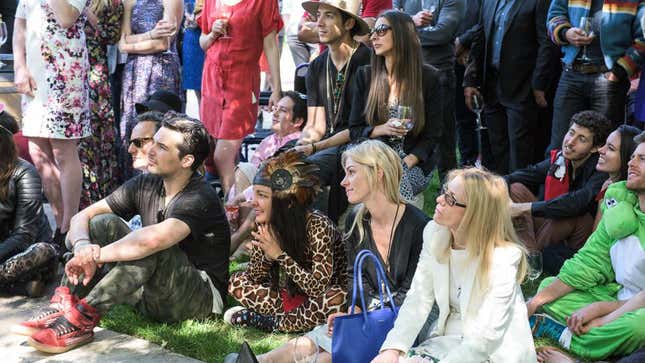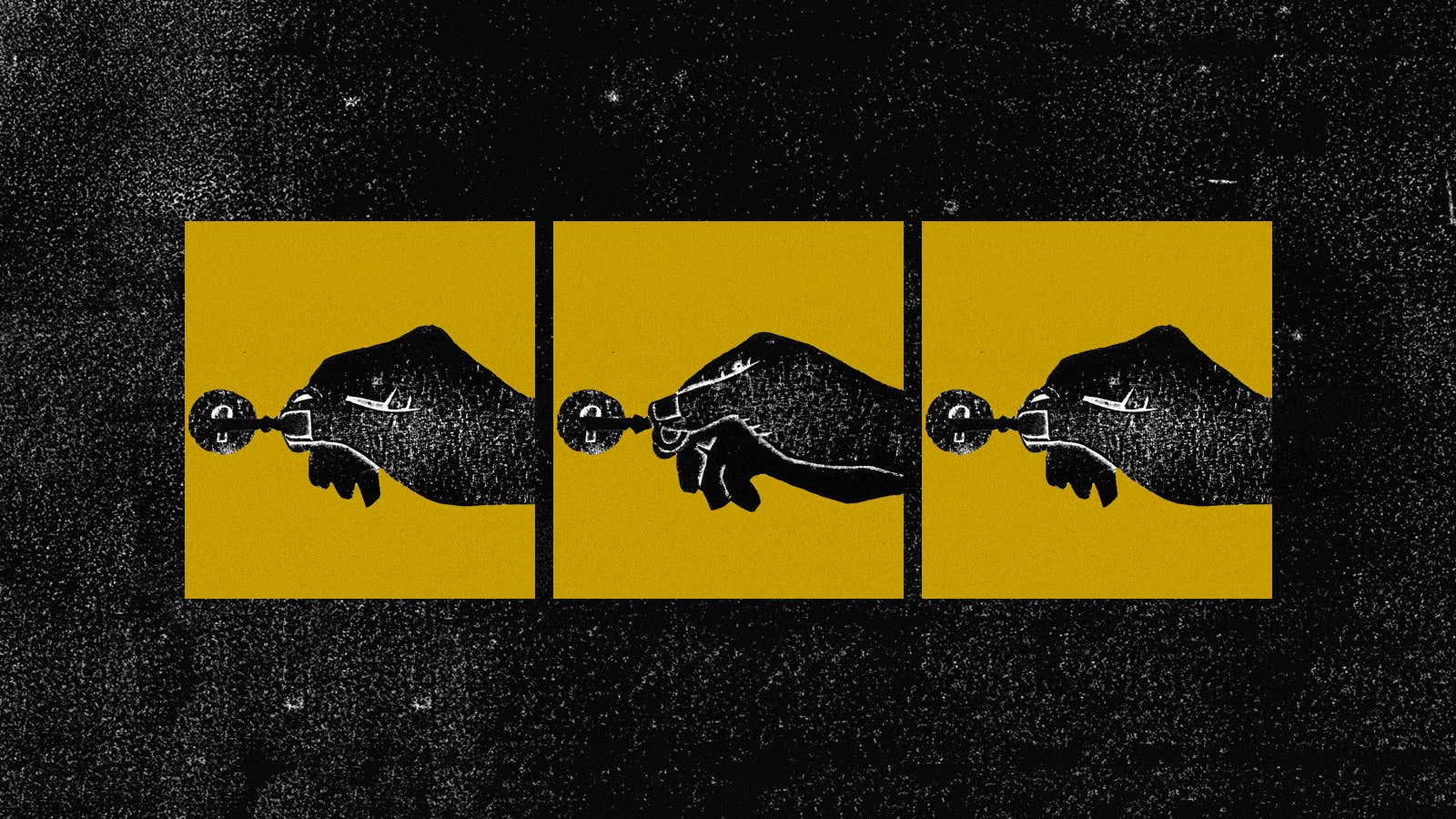Summit Series, the events company popular among young entrepreneurs, is known for its mantra “make no small plans.”
In 2012, its five young male co-founders raised $40 million to purchase Powder Mountain in Eden, Utah with a vision to make it an entrepreneurial utopia. For Summit, that means a mountain city that is a mecca for the arts, politics, innovation, and adventure. Its events are invite-only and cost a few thousand dollars to attend. Its members are influencers in the realm of tech, social entrepreneurship, and creative professions including the Warby Parker co-founders and actress and philanthropist Sophia Bush. But what differentiates Summit from other elite networks is its focus on risk-taking and personal growth by embracing vulnerability.
“Summit has a very unique psychographic that it attracts,” co-founder Jeff Rosenthal says from the group’s headquarters in a lodge overlooking Ogden Valley. “People that are doing innovative work in their discipline, who are also interested in meeting people outside of their space—and a comfort with being proven wrong. Many people are not looking to be taught lessons on a regular basis, whereas the people in Summit are driven in life by that.”
In her groundbreaking research, University of Houston research professor Brené Brown discovered that vulnerability is essential for a happy and successful life. “Vulnerability is the birthplace of innovation, creativity and change,” she said in her viral TED talk, “The Power of Vulnerability.” By definition, vulnerability means engaging with uncertainty, risk and emotional exposure.
The guiding ethos among Summiters is that embracing vulnerability and adventure in one area of life inherently increases it in another.
“We don’t just want to be talented entrepreneurs. We want to be great athletes, and have a health and wellness regimen, take good care of ourselves, go deeper into sensuality and sexuality in our relationships,” Rosenthal explained. “There’s this exploration inside of Summit with our choose-your-own-adventure structure and nobody really networks here … everyone sort of does that for you.”
Summit attendee and social entrepreneur Andrew Horn started Tribute.co, which creates video “eulogies for the living.” The New Yorker describes the tech startup as “Hallmark 2.0.” It’s something he conceptualized after meeting people in the Summit community. “We’re on a mission to spread gratitude and authentic connection in the world,” he says.
One of Tribute’s first investors was the late Google X engineer Dan Fredinburg, who died in an avalanche on Mt. Everest last year. Summit supported his adrenaline-fueled adventures but also taught him personal growth. “I think what [Dan] got from Summit was his emotionally vulnerable side,” says Max Stossel, a social media strategist and storyteller. “He could have gone through life completely and utterly alone and been just fine, but he got exposed to high levels of vulnerability.”

Summit has also influenced the direction of Stossel’s career. He has leveraged his social media expertise into social activism. After the Orlando shootings, he launched a viral video, “Stop making murderers famous,” which reached more than 6 million views on Facebook. Stossel describes Summit this way: “Having a core of badass women and emotionally literate men who care about Summit and are deeply rooted in the community, I think, made vulnerability more of a norm.”
Jesse Israel, co-founder of Cantora records, also altered his career trajectory after getting to know the Summit crew. He created meditation communities The Big Quiet and Medi Club, and launched The Modern Man Experiment, which has an overarching focus on greater self-awareness. Many of his meditation attendees are startup founders, who find the practice a respite and a space to be vulnerable. He designed his classes so that there is conversation after the meditation (for example, one class is called “Mindful Entrepreneurship”). Still, Israel is wary of coming across as “too high-conscious.”
By investing in each other’s startups, living and working in the same spaces, and collectively focusing on personal growth, the group has found a brand of vulnerability that is an antidote to the psychological price of entrepreneurship. (Horn describes entrepreneurship as an “intimate trust fall.”) They improve their chances of success by recognizing that entrepreneurship isn’t a solo endeavor.
“There’s this false story about the thought leader, the entrepreneur, the warrior, that we’re working 90 hours a week and it’s such a sacrifice,” says Rosenthal. “It’s a story that society celebrates. Atlas with the world on his shoulders. But that’s bullshit.”
While Summit has been criticized for being insular (it certainly is), it has also created an environment where people are talking more like Rosenthal, Horn and Stossel. More humanity is something to certainly celebrate in our tech leaders.
